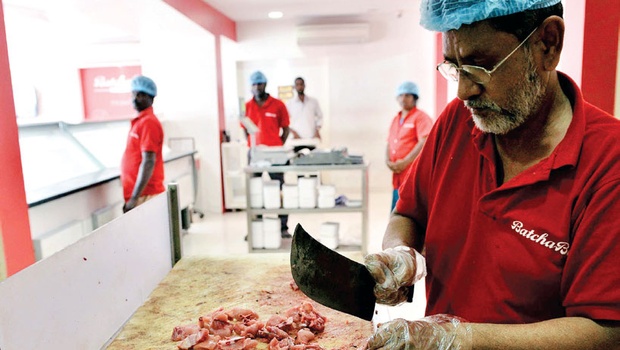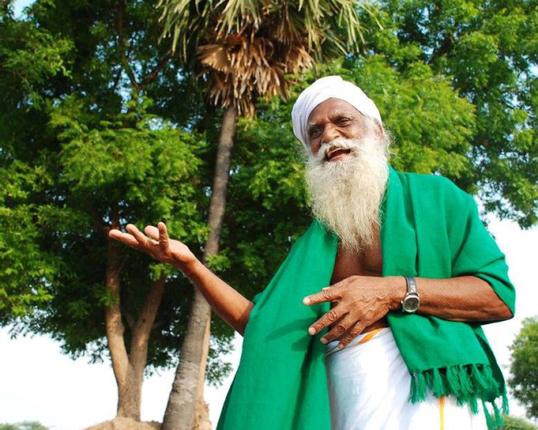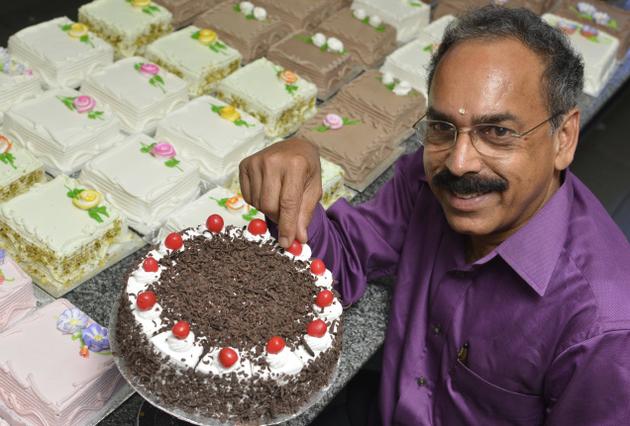Chennai :
The 29th edition of the India International Leather Fair (IILF), organized by the India Trade Promotion Organisation (ITPO), will be held at Chennai Trade Centre from January 31 to February 3.
Over the last few years, there has been a shift in product profile of the fairs which reflects the dynamics of the industry. The fastest growing segments in IILF are machinery, chemicals, components and effluents, according to a statement from the ITPO.
This year’s fair, called Equilibrium, would highlight Indian expertise in the design development of exquisite and high quality leather ware from finished leather through leather products, the statement said.
About 287 Indian companies, 92 foreign firms and six Indian agents of overseas companies will participate in this edition of the IILF. The participants include brands like Armani, British Home Stores, Braciliani, Bata, Bugatti, Daniel Hector, Diechmann, Cole Hann, Guess, Harrods, Kenet, Cole, Marks and Spencers, Marco Polo, Maarc, Mercedezr, Nike, Pierre, Cardin, Reebok, Tommy and Walmart.
Brazil, China, France, Germany, Italy and Thailand will set up national pavilions. Individual exhibitors from Bangladesh, Iran, Portugal, Saudi Arabia, Spain, Switzerland, Taiwan, the Netherland, Turkey, the UAE and the UK will also participate.
Though India is the second largest producer of footwear and leather garments in the world, it accounts for a share of 3.05% in the global leather import trade of $159.89 billion (in 2011).
India is emerging as the centre for design development initiatives by institutions and individuals, with continuous modernization and technology upgrade, economizing size of manufacturing units, organizing human resource development programmes to enhance productivity, increasing use of quality components, promoting shorter prototype development time and ensuring delivery compliance, the statement said.
The leather industry is an employment intensive sector, producing job to about 2.5 million people, mostly from the weaker sections of the society. Women employment is predominant in leather products sector with about 30% share.
The major production centres for leather and leather products in India are located in Tamil Nadu – Chennai, Ambur, Ranipet, Vaniyambadi, Vellore, Pernambut, Trichy, Dindigul and Erode ; West Bengal – Kolkata; Uttar Pradesh – Kanpur, Agra, Noida, Saharanpur; Maharashtra – Mumbai; Punjab – Jallandhar ; Karnataka – Bangalore; Andhra Pradesh – Hyderabad ; Haryana – Ambala, Gurgaon, Panchkula, Karnal and Faridabad ; Delhi; Madhya Pradesh – Dewas; Kerala – Calicut and Ernakulam.
source: http://www.timesofindia.indiatimes.com / The Times of India / Home> Business> India Business / by Sushma U N , TNN / January 24th, 2014


